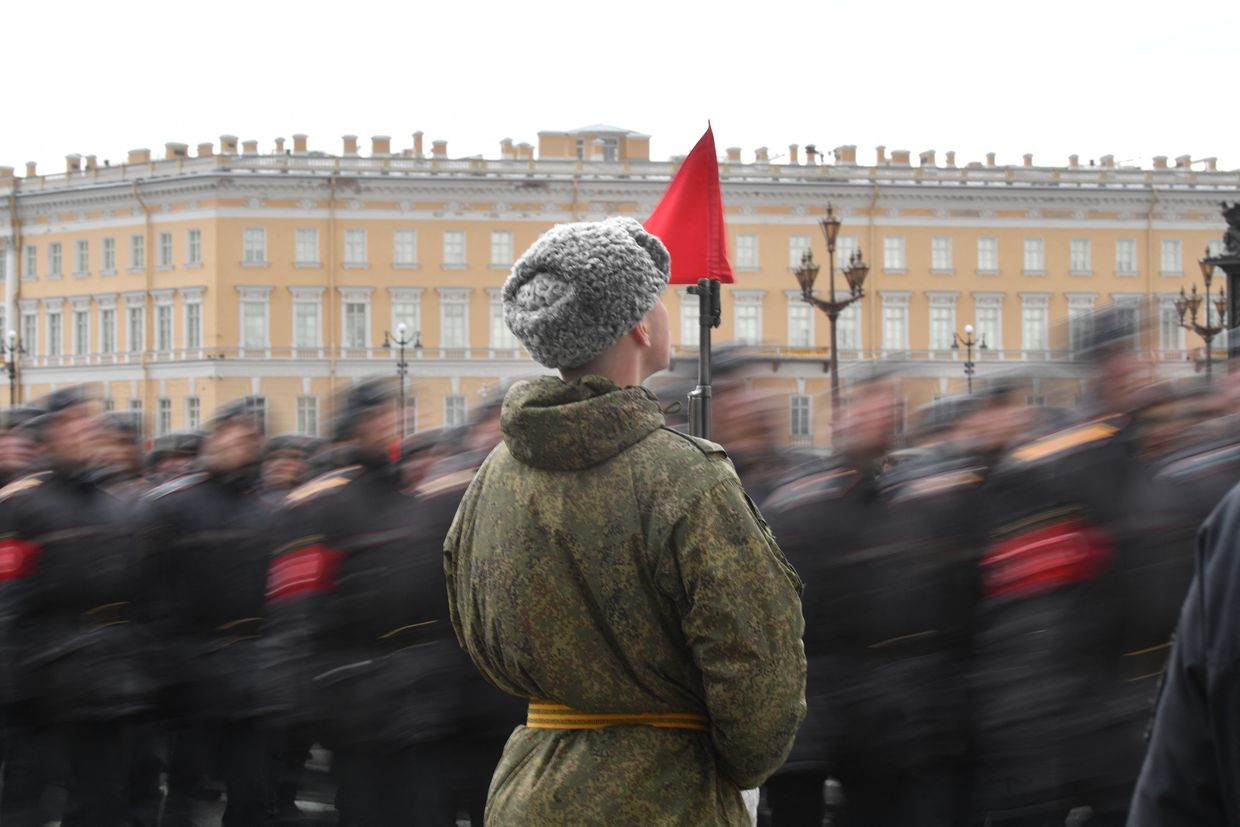Putin signs law allowing criminal defendants to join the military

Russian President Vladimir Putin signed a law on Oct. 2 that exempts defendants from criminal liability if they join the Russian army, according to Russia's legal information portal.
The Russian government wants to conscript 40% of the nearly 60,000 prisoners who are currently held in pre-trial detention centers, according to the independent Russian news outlet IStories.
A source told Istories that about 100 people from each Russian detention center are planned to be sent to the war in Ukraine. There are currently 210 pre-trial detention centers in Russia, so about 20,000 people may be sent to serve, the media outlet said.
The law allows military service for defendants whose cases are pending in a court of first instance during mobilization or wartime. Another law signed by Putin allows for the release from criminal liability of defendants who have previously been mobilized or who have signed a contract with the Russian Defense Ministry.
According to the newly adopted legislation, criminal proceedings against these people will be suspended, and the preventive measure will be canceled during military service. A similar procedure applies to convicts whose sentences have been issued but not yet finalized, including during an appeal process in a criminal case.
The defendants will be fully exempt from criminal liability after receiving a state award or dismissal from military service due to age, health condition, or the end of mobilization.
Moscow has been recruiting convicts for its war against Ukraine since summer 2022, first under the auspices of the Wagner mercenary company and then directly under the Russian Defense Ministry.
The U.K. Defense Ministry said in March that Russia is likely recruiting a total of around 30,000 people a month to help bolster its war effort.
Russia is planning to draft 133,000 Russians between October and January, according to a decree signed by Putin on Sept. 30.
Men aged from 18 to 30 will be drafted as part of the regular fall conscription campaign.
The fall 2023 conscription included the illegally annexed areas of Luhansk, Donetsk, Kherson, and Zaporizhzhia oblasts.












